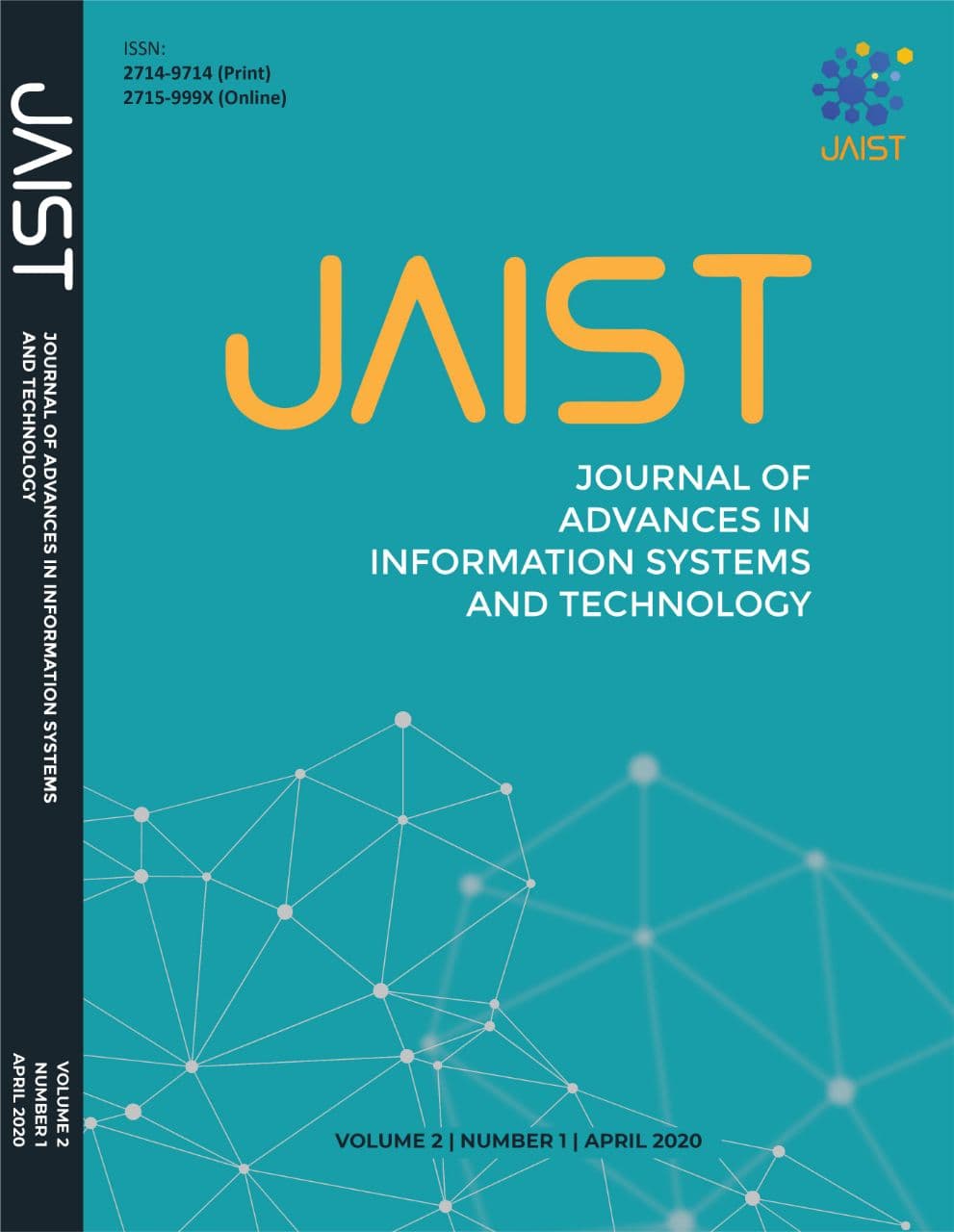Decision Support System for the Success of Education Program at Secondary School Level using Combination of K-Medoids Clustering and TOPSIS
Abstract
The success of education programs is one of the concepts of educational equity that aims to educate a nation's life. However, the condition of education in Indonesia is not evenly distributed, and this can be seen from the availability and affordability of education services in each province. This research applies a decision support system to determine two categories: provinces that have not achieved a success rate of education program using K-Medoids Clustering and TOPSIS. The K-Medoids Clustering was used to overcome the outliers in the data. The TOPSIS is used to provide decision making based on the best alternative concept. The best alternative concept in TOPSIS has the closest distance from the positive ideal solution and the farthest distance from the negative ideal solution. The number of clusters formed as many as five clusters. The iteration needed to cluster provinces using K-Medoids Clustering is 817 iterations. The third cluster has the largest variable average value and smallest standard deviation value. So, the third cluster shows the best cluster quality. Determination of provincial members into two categories is partially/fully refers to members of best cluster quality and TOPSIS preference value.
Copyright (c) 2020 Journal of Advances in Information Systems and Technology

This work is licensed under a Creative Commons Attribution-ShareAlike 4.0 International License.


